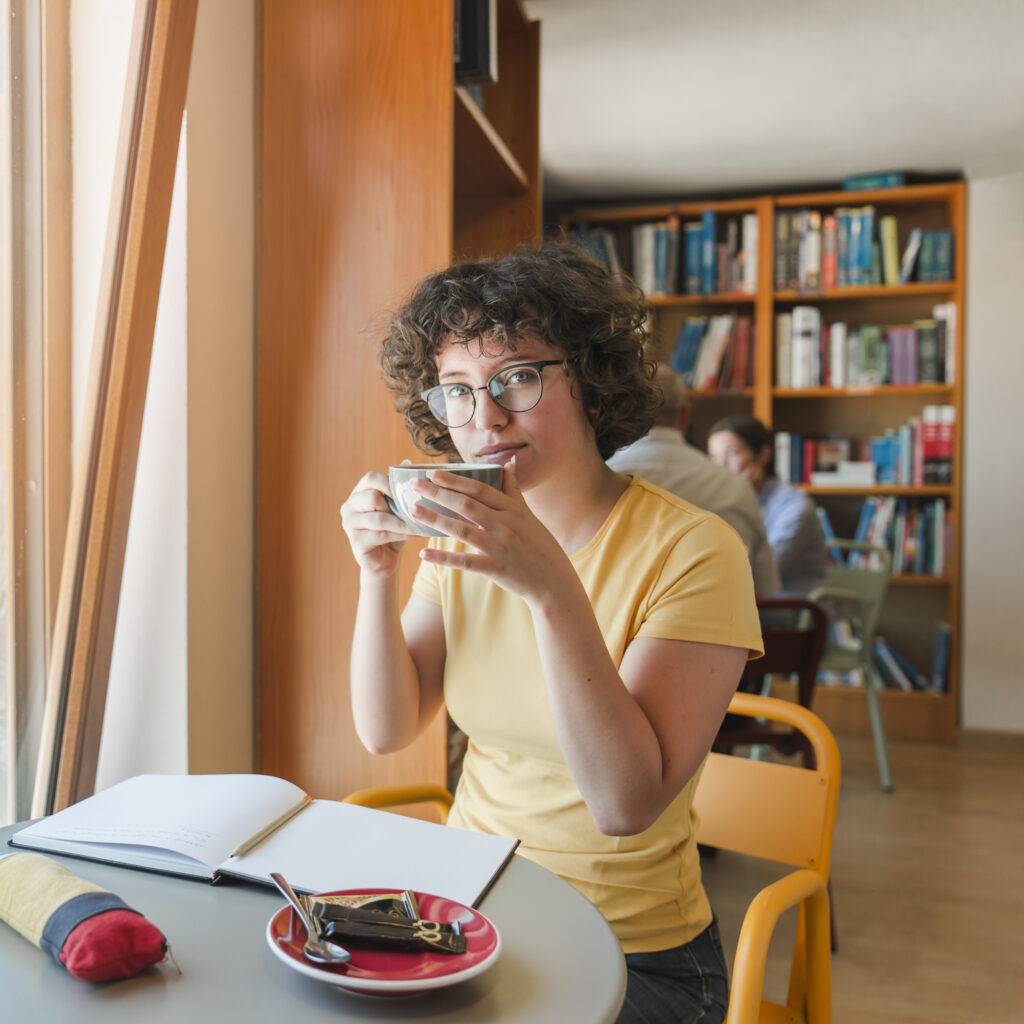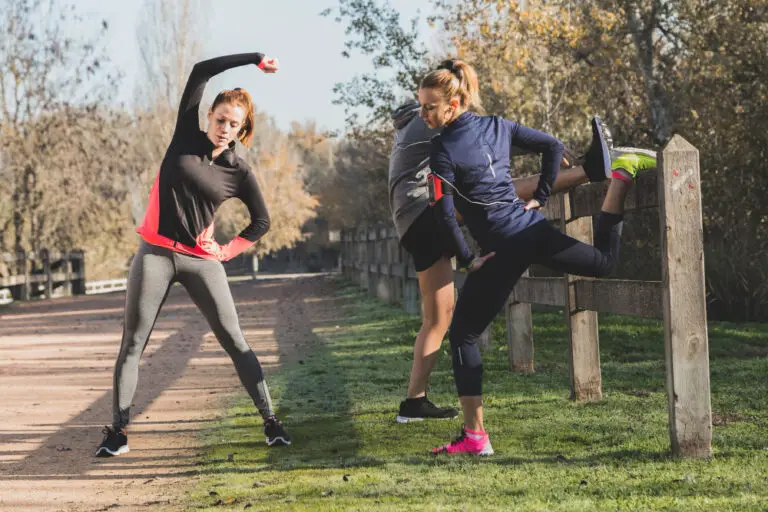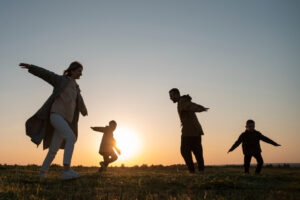Outline
Preface
Economic Stability and Career Opportunities
Social Status and Networking
Personal Growth and Cognitive Development
Health and Well-being
Cultural and Global Awareness
Lifelong Learning and Adaptability
How education and learning play their role in transformation of present lifestyle of a person to a healthy one?
Conclusion
Article
Preface
If I say education and learning are the cornerstones of personal development and improvement in society, then that would not be an hyperbolic statement. The effects of education on an individual’s style of living, which may comprise economic stability, social status, personal growth, or well-being, are undeniably undeniable. We need to understand the multidimensional effect of education, which in turn would enable us to appreciate its crucial role in shaping not just careers but lives of individuals.
Economic Stability and Career Opportunities
Perhaps one of the most extensive influences of education is economic stability. Education equips individuals with the skills and expertise needed to excel in a variety of careers once they join the labor force. Generally speaking, higher education is associated with better job opportunities, job security, and income. For instance, college graduates are likely to receive higher pay during their lifetime compared to those who had only a high school education. Those with stable finances can provide better housing, better health care, and other basic needs that increase their standard of living. Moreover, education provides more career prospects. Higher university and technological qualifications make available job avenues that are inaccessible to individuals with less education. These opportunities may result in improved professions as one may pursue work areas that relate to their interests and motivations, hence often coming with higher levels of satisfaction and generally an improved quality of life.

Social Status and Networking
Education may also often lead to increased social status and open many powerful networks. The schools very often act as congregation points for people from all walks of life, thus providing students with enumerable opportunities for establishing networks and relationships that will last a lifetime. These could translate into job opportunities, mentorship, and support networks that are priceless in realizing personal and professional growth.
It is also often the case that when there is a case of increased social mobility, it also sees a higher learning. Poorer sections of society might be able to break into a better life and attain an improved social status once they manage to attain a good education. This could very well translate into an improved life for themselves, their family, and future generations.
Personal Growth and Cognitive Development
Apart from the ostensible gains in social and economic status, education makes a profound impact on cognitive development and personal growth. Learning fosters critical thinking and problem-solving abilities, inclusive of intellectual curiosity. Such competencies are demanded not only in professional excellence but also for important decisions to be made in life and the challenges to be faced.
Education makes individuals more accepting of other opinions and broader-minded. It breeds compassion and understanding, two very valuable assets in building strong inter-personal relationships and contributing effectively to society. Better-educated individuals tend to volunteer more, perform community service, and engage in other civic activities, which further enhances their overall sense of well-being and fulfillment.
Health and Well-being
There is a considerable amount of evidence between health and education.
Generally, better-educated individuals lead healthier lifestyles and make better health decisions by living longer. Educated people are more likely to be aware of information on their health, make informed choices regarding nutrition, physical activities, and medical treatments, and avoid hazardous behaviors. In addition, the more complete the background of education, the more likely the person will tend to seek preventive care and have more complete access to health services. It also benefits the mind, as stress is reduced and self-esteem heightened through a sense of accomplishment and purpose from learning and growing. A place of education also provides social support networks, important in mental health.

Cultural and Global Awareness
Education exposes people to a wider variety of cultural and global perspectives. Knowing many cultures, history, and global challenges creates an interrelationship and fosters a sense of responsibility towards the global community. This awareness is paramount because collaboration and understanding across cultural boundaries hold the key in today’s world.
In fact, travel is often associated with higher levels of education and would further facilitate personal growth and cross-cultural understanding. One’s outlook on things could be dramatically broadened as life experience can be dramatically influenced by exposure to varied cultures and ways of life.
Lifelong Learning and Adaptability
Given the pace at which things are changing in today’s world, ever evolving, the concept of lifelong learning has taken a greater significance. Education should be treated as a lifelong process and not a one-time event. In a society where continuous changes take place with regard to industries and technologies, adaptability becomes an important skill, which lifelong learning brings about.
People can stay open to new opportunities and competitive in their job market with the up-to-date knowledge and ability. The same people having this flexibility are more resilient, too, which means they are able to adapt very easily to modifications coming into their lives and careers.
How education and learning play their role in transformation of present lifestyle of a person to a healthy one?
In many ways, education and learning are major contributors to the change for the better in one’s lifestyle
1. Awareness: Education makes people come to clear decisions regarding their lifestyle, hence enabling them to understand the importance of good habits, dietary habits, and regular exercise.
2. Critical thinking: Development of critical thinking abilities helps in analyzing data for making informed decisions and creating solutions for problems to maintain healthy lives.
3. Self-awareness: Education makes people come across their points of weaknesses and set goals to work towards the improvement of personal attributes.
4. Coping skills: Learning some useful coping strategies and methods for stress reduction enables a person to handle challenges arising throughout life with maintaining a good balance between work and personal life.
5. Social connections: Education provides you with opportunities to interact with people, relate to them, and establish a network that is essential for leading a happy and healthy life.
6. professional opportunities: Getting an education helps in maintaining a good healthy lifestyle because it provides resources, financial security, and better professional opportunities.
7. Personal growth: Acquiring new skills and following interests can be satisfying and provide meaning which may contribute to good mental health and a healthy life.
8. Health literacy: Education provides individuals with the knowledge to make appropriate choices on health matters, understand health information, and obtain and utilize health services.
9. Role modeling: The majority of the educated usually are very good role models to others that help in changing behaviors and living healthy lifestyles.

Conclusion
Through knowledge acquisition and learning, individuals can change their lifestyles into healthy, rewarding ones that translate to a more successful, happy life. Learning and education are the foundation and the base on which a healthy lifestyle stands. Gathering more knowledge and skills can enable an individual to take responsibility for their health and well-being and establish a pattern of good behavior.
With education, awareness about nutrition, physical activity, and mental health will help the individual lead a healthy and meaningful life. Learning also enhances problem-solving and critical thinking, effective communication-skills fundamentally helpful in overcoming challenges in life and in building worthwhile relationships with other people. Once they can accept education and learning, people will be empowered in taking their health into their own hands, building resilience, and flourishing in all spheres of life, leading to a healthier, more productive, and happier lifestyle.






